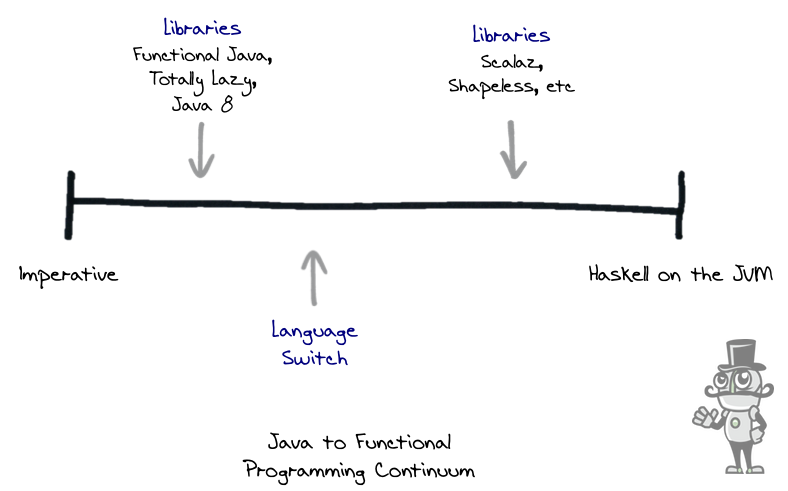
Higher-order functions are often used to implement domain-specific languages embedded in Haskell as combinator libraries. Custom iteration schemes, such as parallel loops, can be easily expressed using HOFs. For example, typically most for loops can be expressed using maps or folds. Higher-order functions are very useful for refactoring code and reduce the amount of repetition. The function given to map then becomes a closure because \ x -> x - y references a local variable y from outside its body. SubtractFromList l y = map ( \ x -> x - y ) l For instance, we can write a function that subtracts 2 from all elements of a list without using loops or recursion: A basic example of a HOF is map which takes a function and a list as its arguments, applies the function to all elements of the list, and returns the list of its results.

Higher-order functions (HOFs) are functions that take other functions as their arguments. The following table shows which languages support functional programming (by supporting first-class functions) and for which the functional style is the dominant one.įeatures of functional languages Higher-order functions Therefore, programming languages may be categorized into functional and imperative ones. Many programming languages support programming in both functional and imperative style but the syntax and facilities of a language are typically optimised for only one of these styles, and social factors like coding conventions and libraries often force the programmer towards one of the styles.

Often it is difficult to determine statically when those resources can be released, so it is necessary to use automatic memory management. If such a function escapes their block after being returned from it, the local variables must be retained in memory, as they might be needed later when the function is called. Special attention needs to be given to functions that reference local variables from their scope. Being first-class also means that it is possible to define and manipulate functions from within other functions. Functional programming typically avoids using mutable state.įunctional programming requires that functions are first-class, which means that they are treated like any other values and can be passed as arguments to other functions or be returned as a result of a function. In functional programming, programs are executed by evaluating expressions, in contrast with imperative programming where programs are composed of statements which change global state when executed.


 0 kommentar(er)
0 kommentar(er)
